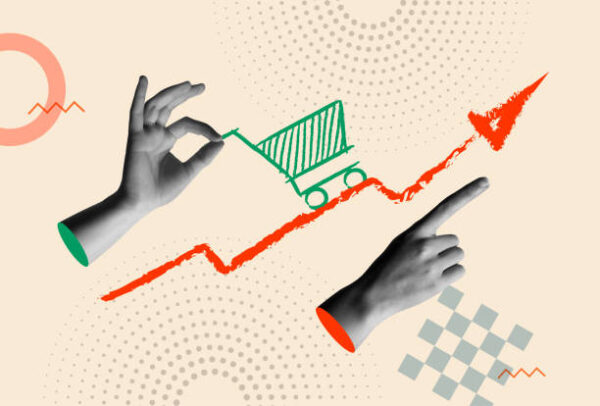Each day you go into work you may be reminded as to the value of a hard-earned dollar. If you don’t have much flexibility in your savings account, then you are likely to have concerns about the effects of inflation on your purchasing power.
What is Inflation?
Inflation is a measure of the rate at which the cost of goods rises. It is calculated by comparing the cost of a basket of goods and services in one year to its cost in another year. Inflation has many effects on the economy. In some cases, it can lead to recessions and even depressions because it causes people to spend more money than they otherwise would have on necessities like food, clothing, housing. It can also lead to higher levels of unemployment because employers may be less willing to hire new workers when they know that their wages will need to go up due to price increases.
Inflation is also the common name for a monetary phenomenon in which prices rise because of an increase in the money supply. This leads to a decrease in the purchasing power of money, lower demand for goods and services, and higher prices across many industries.
Creeping Inflation reduces the purchasing power for goods and services
During years of normal growth, that is where consumers are spending relatively 2-3% more on goods than last year, creeping inflation may present purchasing power risk. In this case, whereas the general costs of goods appear the same, a particular basket of goods is exposed to inflationary rates unbeknownst to the buyer. prices gradually increase over time. Creeping inflation rates have a negative impact of supply and demand, because it reduces the purchasing power and demand for goods respectively.
Maximizing purchasing power and minimizing negative effects of inflation
When discussing wealth accumulation, it’s important to familiarize yourself with “rates of return”. Interest rates are a key tool for regulating spending. The Federal Reserve uses interest rates to regulate the amount of money in the economy and to control inflation. When the federal reserve increases interests’ rates, it makes it more expensive for people and companies to borrow money. This, in turn, slows down spending because people and businesses will have less money to spend.
Inflation is a measure of the general rise in prices for goods and services over time. When inflation rises, it means that the purchasing power of your cash decreases. In other words, if you spend $100 at a store today, you will need more than $100 to buy the same things next year.
The ability of consumers to purchase goods and services is an important determinant of their financial security. Purchasing power risk is the degree to which a consumer’s purchasing power loses value to market conditions, such as high interest rates, rising inflation rates, and debt. It would be wise to consider allocating earned income into other assets with diversification.
The amount of time it takes for savings or investments to grow into enough money for a consumer’s personal financial goal depends on how much of their income they are allocating each month. Interest earned for savings accounts and investment also determine how long it will take to reach your investment goals. If you want guaranteed return with little risk consider government bonds, the US Treasury offers a variety of government bonds that are best during times of high interest rates and inflation. This can be a progressive and powerful option you can use to your advantage when it comes to saving money and paying off debt.

